Self-harm is an increasingly recognised phenomenon and one of the strongest predictors of suicide, which continues to be one of the leading causes of death in young people world-wide. Self-harm can take many forms and may present with or without suicidal intent and both in the context of mental disorder, and without.
Self-harm & Suicide
-

Understanding Self-harm & Suicide – Ask the Expert
For this teacher and school leader exclusive session we are delighted to welcome Professor Dennis Ougrin to share his knowledge and insights into self-harm and suicide; specifically exploring the complexity around this phenomenon, by providing data on prevalence, risk factors and strategies for support.
- Event type
- Teachers and other Education Professionals
- Location
- LIVE STREAM
-
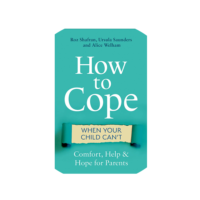
How to Cope When Your Child Can’t: How parents can help themselves and each other
This free session uses the latest evidence-based research, and examples from parents to help us understand what we can and cannot do; to help us to accept any distress, worry, anxiety, sadness or loss of control in our situations; to see that we can tolerate these things; and to know that there are ways to move forward.
- Event type
- Talk with Q&A
- Location
- LIVE STREAM
-
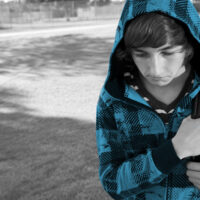
Suicide in children and young people: Everyone’s concern – recording
The topic of suicide has been identified as a high priority area, particularly in the context of Covid and lockdown, and subject we should all be concerned with. This practically focused online conference, organised by ACAMH Scottish Branch, had talks from clinicians, education professionals, leading agency and charity professionals, and Public Health Scotland.
Read more -

NICE guidelines for self-harm: a new school of thought
New NICE guidelines for the management of self-harm in the UK emphasise the important role of non-specialists. In this article, Holly Crudgington and Dennis Ougrin discuss this guidance, focusing on the new advice for schools and its implications.
Read more -

Childhood Adversity: Recovery, Resilience and Prevention Seminars
BOOKINGS CLOSE TUESDAY 3 MAY at 12 noon. A series of four virtual half-day seminars have been organised by ACAMH in collaboration with Child and Family Training (CFT). Don’t miss this chance to attend four half-day online seminars, and NINE practitioner guides PLUS associated licences, and SAVE up to £50! Over 10 hours of online training, with access to the recording for 28 days, PLUS 4 CPD certificates emailed to you for each of the sessions.
- Event type
- 4 half day training online
- Location
- LIVE STREAM
-
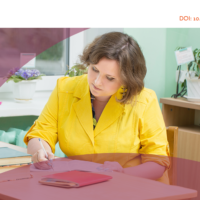
How effective are tools to help school staff better respond to young people who self-harm?
Aureliane Pierret and colleagues at the University of Cambridge carried out a systematic review into the effectiveness, feasibility and acceptability of interventions and tools to support school staff to better respond to young people who disclose self-harm.
Read more -
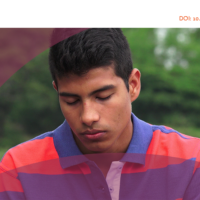
What are the characteristics of arguments that precede youth suicide?
Researchers at Kent State University, USA have studied the characteristics of conflicts or arguments before death by suicide in young people aged 17 years or younger.
Read more -
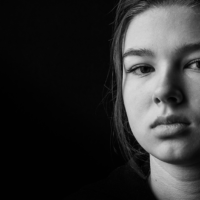
Conflating risk and mental illness
In this thoughtful article, a young person, Anna, reflects on her experience of risk being conflated with mental illness in child and adolescent mental health services (CAMHS), highlighting crucial lessons for clinicians, commissioners, and policy makers.
Read more -

JCPP Editorial: Volume 62, Issue 08, August 2021
Editorial: ‘COVID-19: lessons learned for suicide prevention’ by Joan R. Asarnow and Bowen Chung
Read more -

Fire starting; what makes young people do it, which interventions work – Joanna Foster (session 2)
Led by criminologist Joanna Foster, this is the second of two workshops exploring what is known about children and teenagers who set fires. ACAMH members can now receive a CPD certificate for watching this recorded lecture.
Read more
